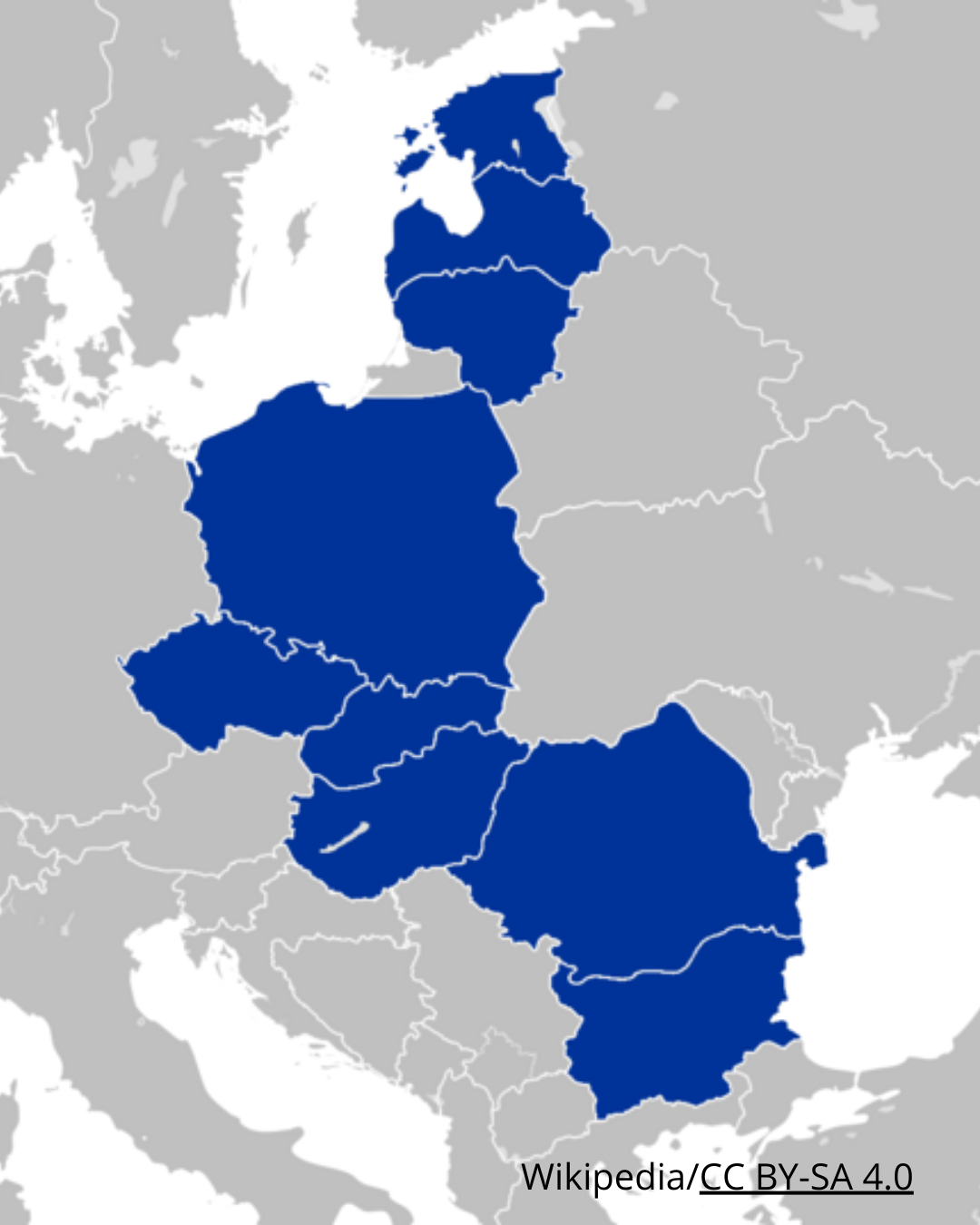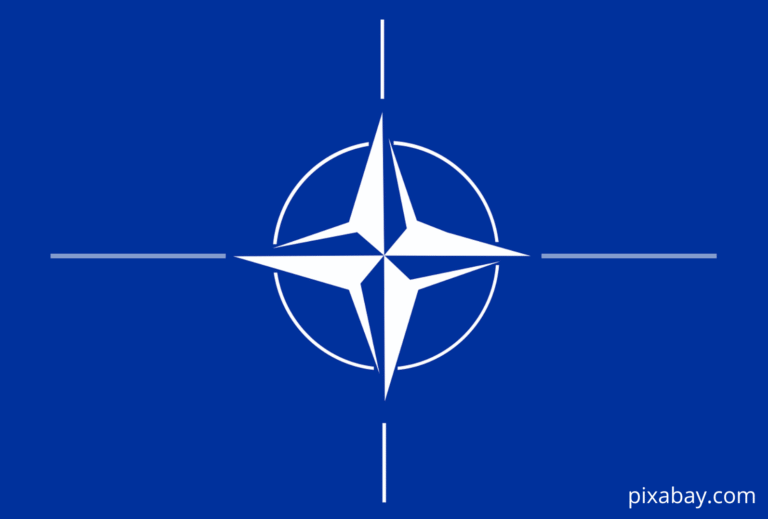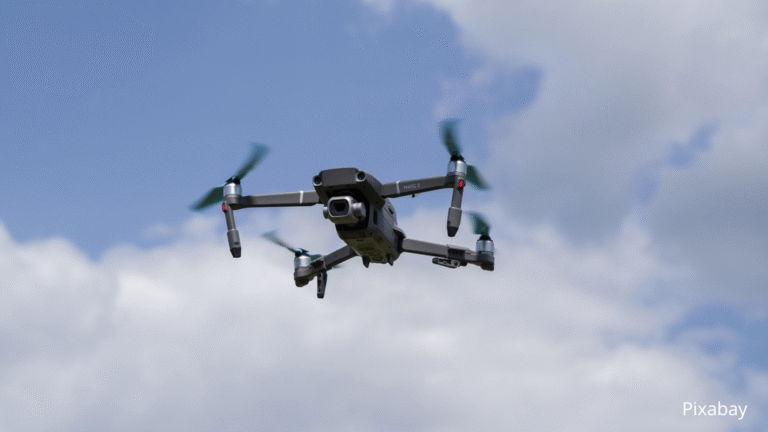
The Bucharest Nine (B9) is a security and political cooperation format that brings together nine countries on NATO’s eastern flank: Poland, Romania, Bulgaria, the Czech Republic, Slovakia, Hungary, Lithuania, Latvia, and Estonia. It was established in 2015 by the presidents of Poland and Romania in response to Russia’s growing aggression after the annexation of Crimea.
The group serves as a platform for coordination among Central and Eastern European allies, ensuring their collective voice is heard within NATO. B9 members emphasize regional defense, military readiness, and resilience against hybrid threats such as cyberattacks and disinformation.
Since the start of Russia’s full-scale invasion of Ukraine in 2022, the Bucharest Nine has gained even greater significance. It provides input to NATO decision-making, reinforces the importance of U.S. security guarantees, and highlights the unity of Europe’s frontline states.
By presenting common positions, the Bucharest Nine strengthens NATO cohesion and signals to both allies and adversaries that the region remains firmly committed to collective defense under Article 5 of the NATO Treaty.

